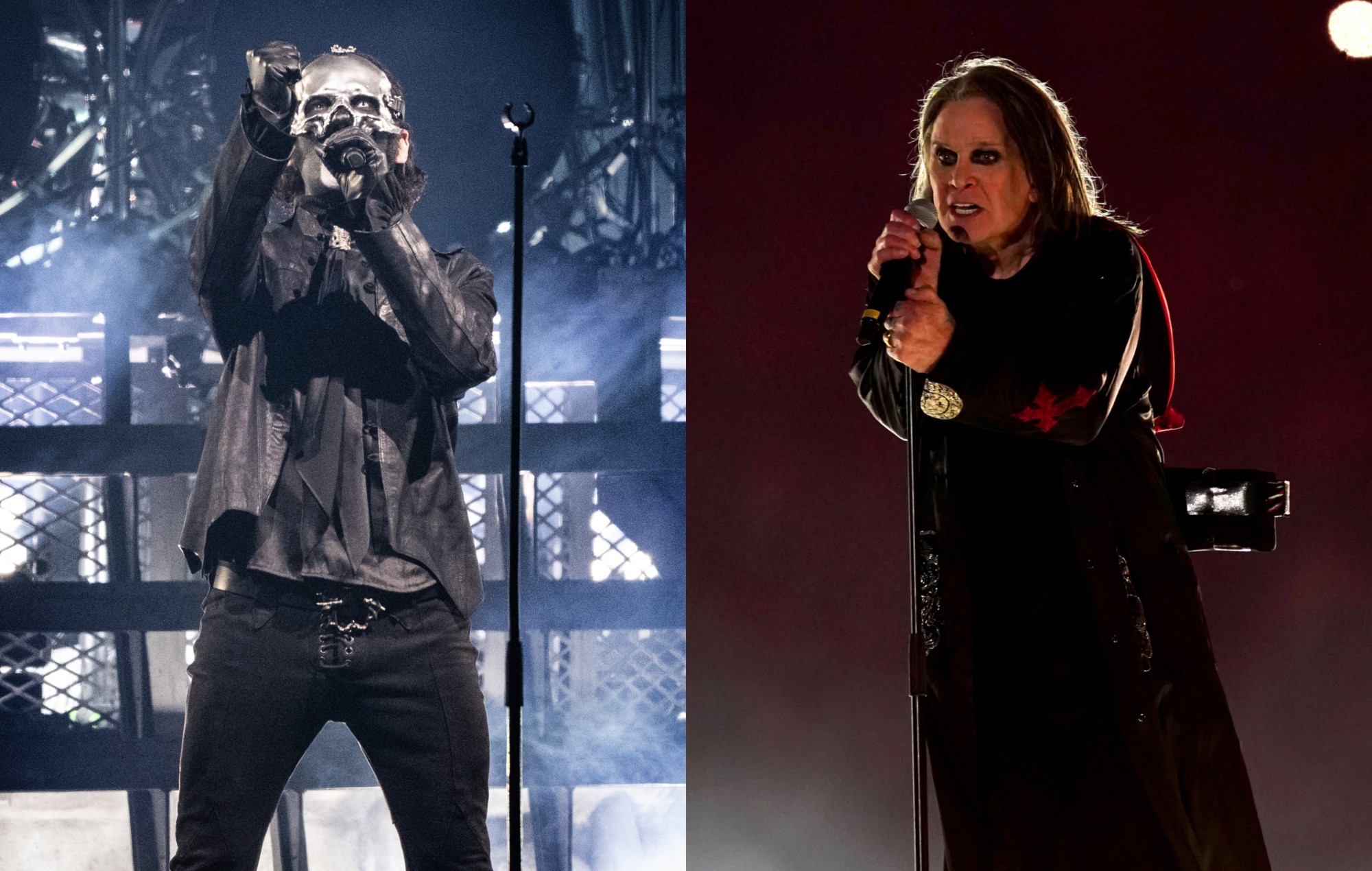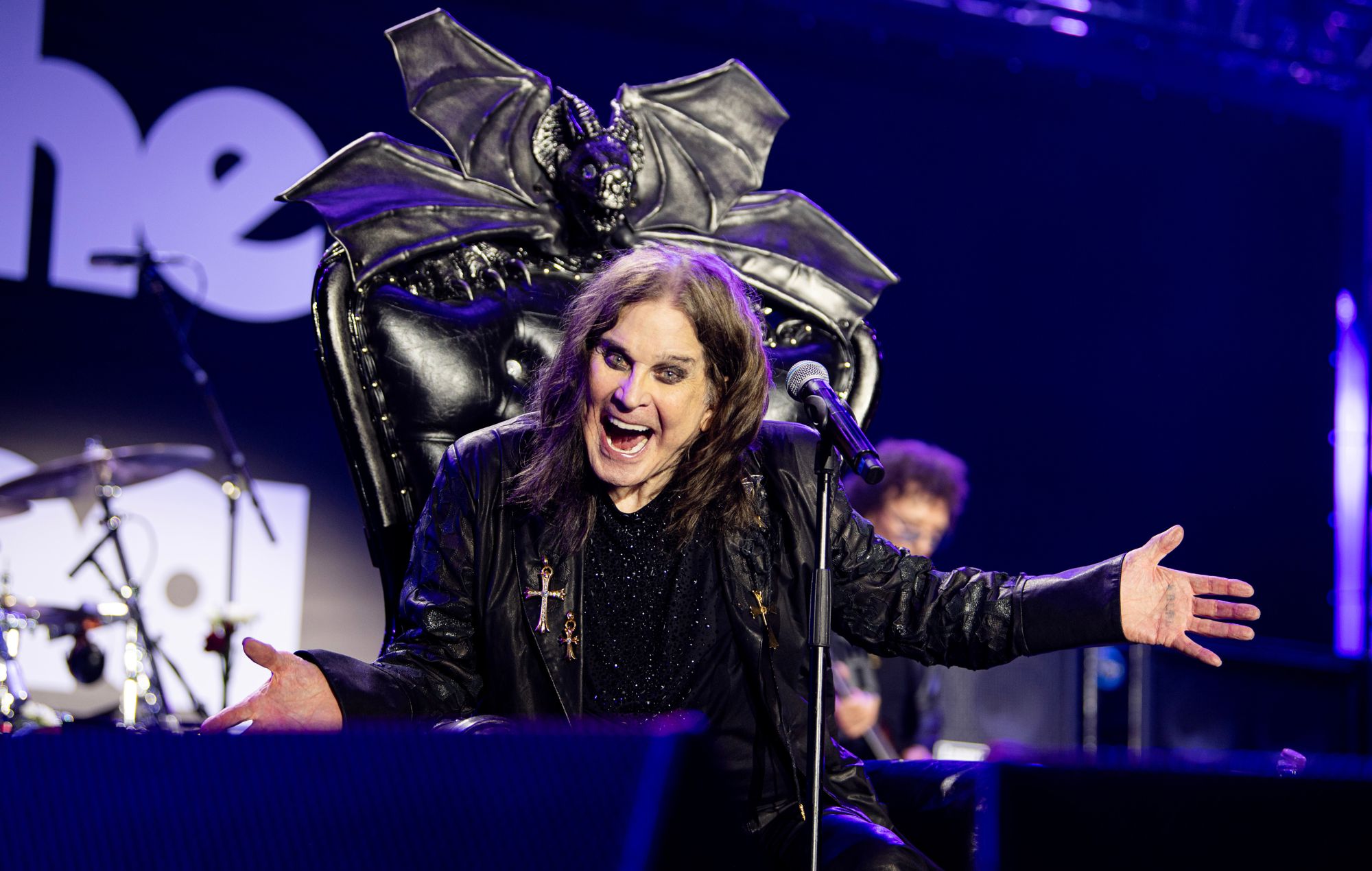
The Eurovision Song Contest has teased that “The Caribbean is coming” to this year’s competition.
Taking to their official Instagram page with 1.3 million followers to announce that the Caribbean – a subregion of North America with over 700 islands – will be taking part in the famous contest for the first time.
The post showed a video clip of palm trees and clear beaches. The caption of the post read: “New Year! New News! We’re thrilled to confirm that the Caribbean is coming to the Eurovision Song Contest 2024. Stay tuned, we can’t wait to tell you more.”
The 68th Eurovision will take place in Malmö, Sweden, with the Grand Final of the competition due to be held on Saturday, May 11, 2024.
Potentially one of 13 independent countries – which include Jamaica, Barbados, The Bahamas and more – could be taking the stage as part of the 2024 musical extravaganza.
This would not be the first time that a non-European country takes part in the singing contest. Israel, Cyprus, Armenia, Morocco and Australia have all been a part of Eurovision since 1973, 1981 and 2006 respectively, with Morocco in 1980 and Australia in 2015.
Recently, Shaul Greenglick, an Israeli soldier, was killed in Gaza just weeks after auditioning for the 2024 Eurovision.
Greenglick was one of three soldiers recently reported dead by the Israel Defense Forces, via The Times Of Israel, following the ongoing Israel-Hamas war.
According to Billboard, Greenglick auditioned for Israel’s The Next Star, a singing competition series through which the country’s Eurovision contestant is selected, while on furlough last month.
He earned a place in the show’s next round but he reportedly dropped out of the contest in order to return to his military duties.
It comes just days after Yotam Haim, the drummer for Israeli heavy metal band Persephore, was killed by the Israel Defense Forces after being mistaken for a Hamas fighter.
Since the October 7 Hamas attack on Israel, the Israeli military have said 170 of its soldiers have been killed. 21,800 people in Gaza, two-thirds of them women and children, have died in the conflict, according to the health ministry in Gaza (via Sky News). Around 1,200 Israelis were killed by Hamas on October 7.
Meanwhile, Eurovision was subject to backlash and boycott calls after allowing Israel to compete in next year’s competition. In addition, The Times Of Israel reported that The Association of Composers and Lyricists in Iceland called for the country not to participate in next year’s Eurovision competition unless Israel is barred from competing.
Despite the protests, the European Broadcasting Union said in a statement that it currently has no plans to ban Israel from the Eurovision Song Contest.
It added: “The Eurovision Song Contest is a competition for public broadcasters from all over Europe and the Middle East. It is a contest for broadcasters – not for governments – and the Israeli public broadcaster has been participating in the contest for 50 years.
“The EBU is a member-led organisation. The EBU’s governing bodies – led by the Board of Directors – represent the members. These bodies assessed the list of participants and decided that the Israeli public broadcaster complies with all competition rules. Together with 36 other broadcasters, it will be able to participate in the competition next year.”
Elsewhere, Olly Alexander, who is representing the UK at Eurovision next year in Malmö, Sweden, was recently criticised for signing a pro-Palestine letter calling Israel an “apartheid state” and accusing it of genocide.
The Conservative Party criticised the BBC for selecting Alexander for Eurovision, with a party spokesman telling The Telegraph: “Letting an openly anti-Israel singer compete on the same stage as Israel is either a massive oversight or sheer brass neck from the BBC… Maybe it’s time to stop letting the BBC decide who represents the UK at Eurovision.”
Meanwhile, the Jewish charity Campaign Against Antisemitism insisted that the BBC “can and must” cut ties with Alexander.






